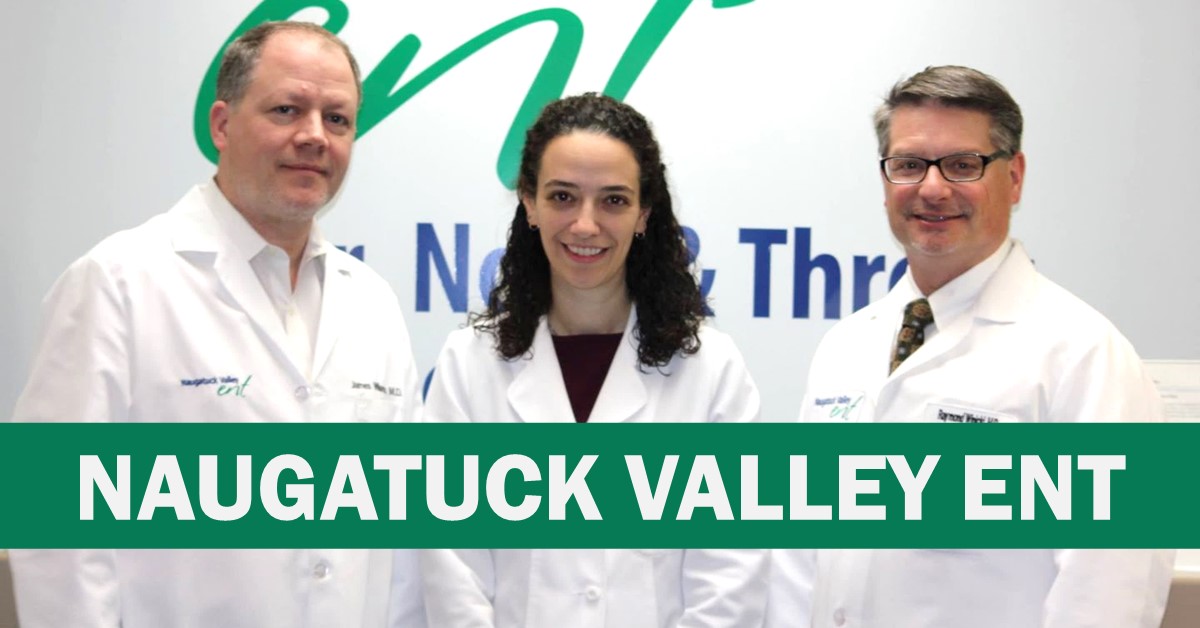Fine Needle Aspiration
Fine needle aspiration (FNA), also called fine needle biopsy, is a type of biopsy where a needle is inserted into a lump or mass to collect a sample of cells. These cells are then looked at under a microscope to help your doctor determine if the mass or lump is cancerous (malignant) or noncancerous (benign). Benign lumps may also be related to infection or inflammation. FNA can be performed on a variety of lumps that are either felt or identified on imaging tests (such as ultrasound or CT scan).
A few common reasons FNA is performed in the neck include:
- Nodules in the thyroid gland
- Enlarged or abnormal lymph nodes
- Neck cysts
- Lumps or masses in the salivary glands (i.e., parotid gland, submandibular gland)
Why is FNA Important?
A mass or lump may indicate a serious problem such as cancer. While many lumps are not cancerous, a biopsy is often needed to help determine this. FNA is frequently recommended because it is quick, has minimal discomfort, and can often be performed in the doctor’s office. In addition to a biopsy, your doctor will ask you questions about your symptoms and history to help determine your risk of cancer. A few example questions may relate to weight loss, difficulty swallowing, smoking and drinking habits, and any personal or family history of cancer.
How We Can Help
We can help with your ENT medical issue at our Waterbury, CT office. Our board-certified doctors, nurses, and ENT specialists treat your condition and other ENT issues, including allergies, sinusitis, ear infections, balance issues, snoring, sleep apnea, hearing loss, speech & swallowing problems, and pediatric ENT. Please visit our Services page to learn about our services or call our office to schedule an appointment at (203) 578-4630.
It is very important to note that, when found early, most cancers in the head and neck can be cured. Cancers that are caught early have the highest cure rates. So, play it safe! If you have a lump in your head and neck area, see your ENT (ear, nose, and throat) specialist, or otolaryngologist, as soon as possible for an evaluation.
What Happens in FNA?
A small needle is inserted into the lump to remove cells that are then examined under the microscope to make a diagnosis. Multiple sticks with the needle may be performed to get enough cells. If the lump is difficult to feel, an ultrasound device can be used to help direct the needle into the lump.
Local anesthesia (numbing medicine) may be injected into the skin over the area where the biopsy will be performed. Although not painless, the discomfort from FNA is usually minimal and can be treated with ice or Tylenol® if needed. Most often, the needle used for FNA is smaller than a needle used for a blood test from the arm (venipuncture).
Although no test is perfect, FNA is generally accurate and can often be used instead of an open surgical biopsy, which is usually more painful, costly, and may require the patient to be asleep.
Typically, the results from an FNA are available after a few days. These results may indicate a cancerous (malignant), noncancerous (benign), or indeterminate (uncertain) diagnosis. If the diagnosis is uncertain, your doctor will talk to you about whether another FNA or different type of procedure may be needed.
Are There Any Potential Complications?
No medical procedure is without risks, but complications from FNA are uncommon and usually minor. Some examples include:
- Sometimes the results of an FNA are inconclusive, in which case another FNA or a different type of biopsy procedure may be needed.
- Bleeding is the most common complication, although when it occurs, it is usually only a small bruise. Bleeding is more common in patients who take aspirin, Advil®, or blood thinners such as warfarin. You should let your doctor know if you are on any of these medications in case they need to be held prior to biopsy.
- Infection from FNA is very rare.
- Spreading a cancer with an FNA biopsy is very rare as the needle used is very tiny.
What Questions Should I Ask My Doctor?
- Can I eat before an FNA?
- Can I drive home after an FNA?
- Do I need to prepare for an FNA?
- Do I need to limit my activity after an FNA?
- Is there anything I should watch out for after my FNA?
Copyright 2022. American Academy of Otolaryngology–Head and Neck Surgery Foundation. Last reviewed August 2018.


